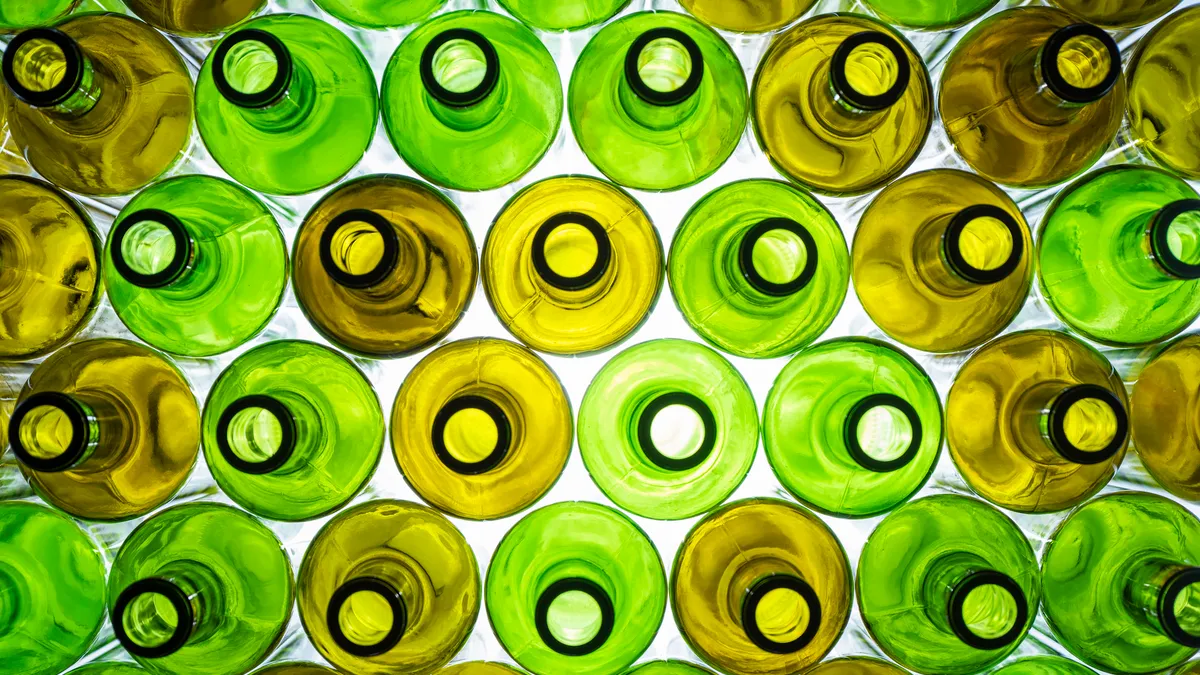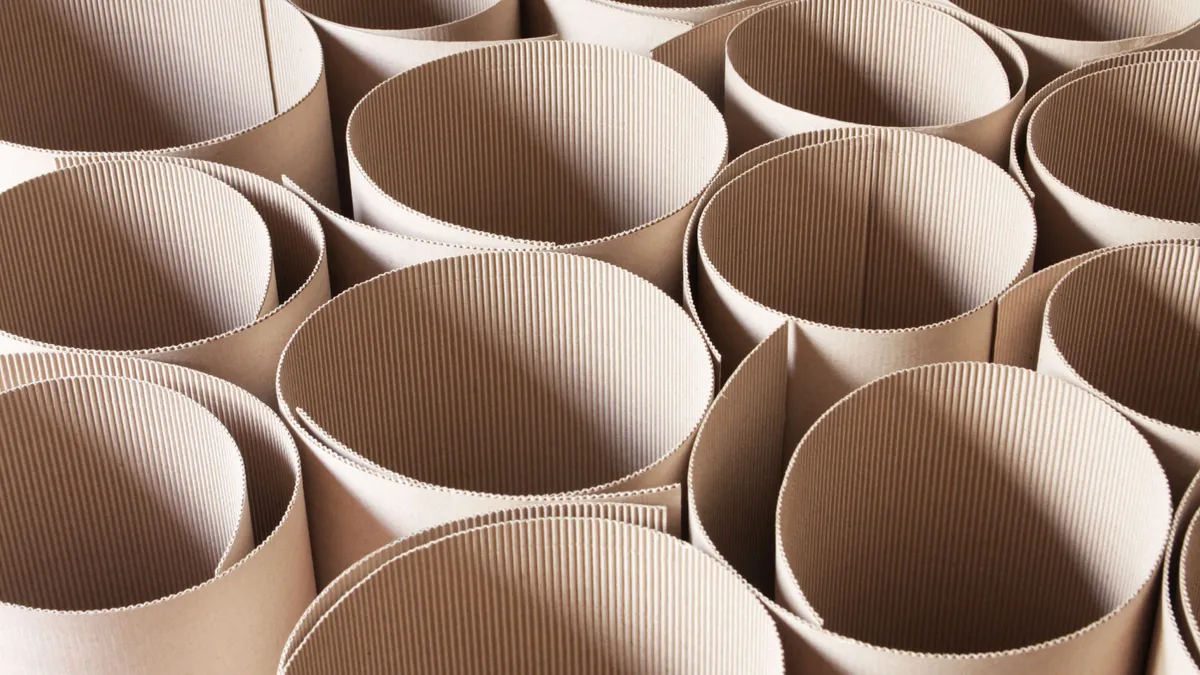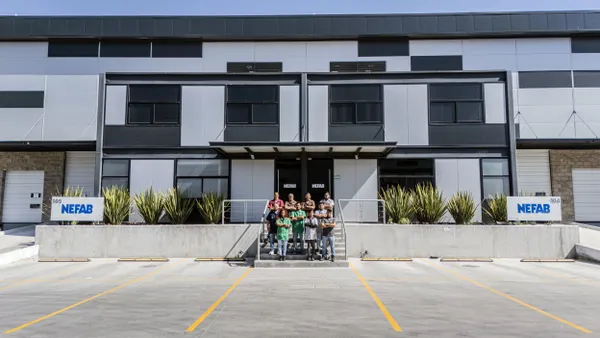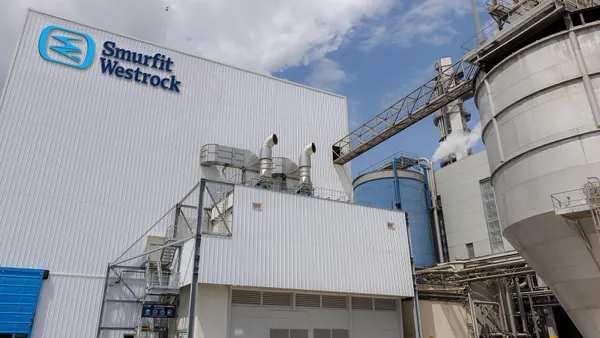Ardagh is permanently closing a Seattle glass production facility that serviced wine customers, according to a notice filed with the state of Washington.
The permanent layoffs impacting 245 workers began Nov. 7. This follows the indefinite curtailment of the facility in July. Ardagh said its existing and prospective wine customers will still be serviced by its remaining production network across the U.S.
The company had previously said it would consider restarting production if market conditions changed. But the nail in the coffin was a recent “disappointing” ruling by the U.S. International Trade Commission regarding glass wine bottle imports from China, the company said.
The ITC announced this fall that it determined U.S. industry was not materially injured or threatened by such products that are being subsidized by China’s government; as a result, no countervailing duty order was imposed.
This followed Ardagh and United Steelworkers co-petitioning on the issue beginning last December.
“Ardagh Glass Packaging-North America continues to face demand challenges for its U.S.-produced glass due to low-priced imports from China, Chile and Mexico. Unfortunately, the U.S. International Trade Commission (ITC) recently voted against the petition, determining that subsidized wine bottles from China are not injuring the U.S. industry,” said Gina Behrman, vice president of marketing, communications and new product development for the company, in an emailed statement.
Separately, Ardagh Group released a sustainability road map on Thursday, addressing decarbonization paths to 2030 for both its glass and metal packaging businesses. In it, it noted that footprint changes can have a notable impact on metrics.
The company reported that the glass business “showed marginal progress toward its targets” in 2023 amid some “variance” in environmental data resulting from lower demand and subsequent production curtailments.
“While these curtailments contributed positively to certain metrics, such as GHG emissions, they negatively impacted others, like water intensity,” the report states.














